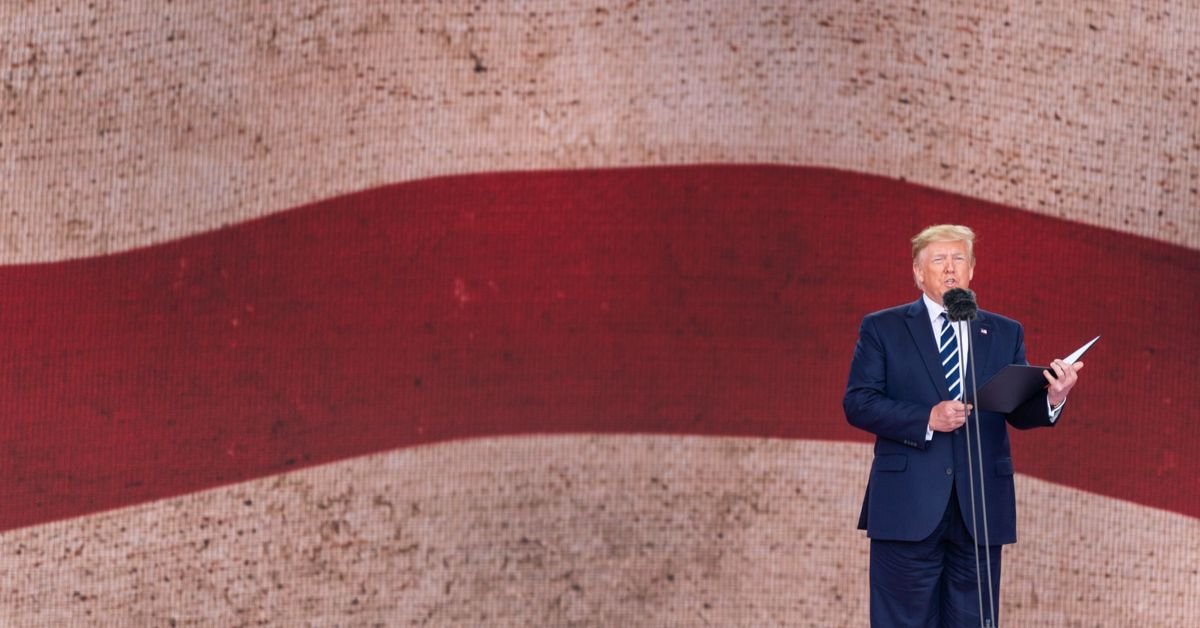Learn how the Virginia Lemon Law protects used car buyers. In this detailed guide, understand warranties, eligibility, and steps to avoid costly mistakes.
Table of Contents
Virginia Lemon Law: 10 Steps To Protect Yourself When Buying A Used Car
Buying a used car can be tricky. While pre-owned vehicles often offer affordability, they also carry the risk of unexpected problems.
Thankfully, the Virginia Lemon Law can help protect you if your used car is a “lemon.”
This guide covers everything you need to know about the Virginia Lemon Law for used cars, including eligibility, actionable steps, and tips to avoid purchasing a problematic vehicle.
1. What Is The Virginia Lemon Law?
Virginia’s Lemon Law, officially called the Motor Vehicle Warranty Enforcement Act, is a legal safety net for car buyers.
It ensures that vehicles with defects impacting use, safety, or market value are either repaired, replaced, or refunded.
While it primarily applies to new vehicles, used cars may qualify under specific conditions.
2. Does The Virginia Lemon Law Cover Used Cars?
Yes, but only under these conditions:
- The car is still under the manufacturer’s original warranty.
- It is within 18 months of its original delivery date (to the first owner).
- Its defect significantly impairs its use, safety, or value.
3. How To Know If Your Used Car Is A Lemon
A used car might qualify as a lemon if it meets these criteria:
- Persistent defects: The same issue was not fixed after multiple repair attempts.
- Serious safety concerns: A defect makes the vehicle unsafe to drive.
- Lengthy repair downtime: The car has been out of service for 30 or more cumulative days.
4. What Counts As “Reasonable Repair Attempts”?
The law requires the manufacturer to have a fair chance to fix the issue. This includes:
- Three or more attempts for the same problem without resolution.
- 1 repair attempt if the defect creates a serious safety risk.
- Repairs requiring the car to be in the shop for 30 or more days (cumulative).
5. Steps To Take If You Suspect A Lemon
Follow these steps to protect yourself:
- Step 1: Notify the manufacturer in writing. Send a certified letter describing the defect and repair attempts.
- Step 2: Allow the manufacturer one final repair opportunity. They have 15 days to address the issue.
- Step 3: If unresolved, file a claim for a refund or replacement vehicle.
6. Understanding Warranty Rules For Used Cars
Virginia Lemon Law applies only if the car is still covered by the manufacturer’s warranty, which is transferable from the first owner. Before buying a used car, check:
- Warranty status utilizing the vehicle’s VIN.
- Whether the dealer provides additional warranties or sells the car “as-is.”
7. Keep Detailed Documentation
Good records are critical for proving your case. Be sure to:
- Track all repair attempts (dates, descriptions, and costs).
- Save correspondence with the manufacturer or dealer.
- Document expenses related to the defect, such as towing or rental cars.
8. What If Your Car Does Not Qualify?
If the Lemon Law does not cover your car, other protections may apply:
- Dealer warranties: Some dealers offer limited warranties even on “as-is” cars.
- Consumer protection laws: These laws can protect you from fraudulent sales practices.
- Arbitration programs: Manufacturers often offer arbitration to settle disputes without going to court.
9. Tips to Avoid Buying a Lemon
Prevention is better than a cure!
Follow these tips to avoid buying a defective vehicle:
- Check the VIN history: Use services like Carfax to review the car’s accident and maintenance history.
- Inspect thoroughly: Bring a trusted mechanic to evaluate the car’s condition.
- Test drive: Pay attention to unusual noises, handling, and overall performance.
- Verify warranty coverage: Ensure the manufacturer’s warranty is still active and transferable.
10. What Happens If You File A Claim?
If you file a Lemon Law claim and it is approved, you may be entitled to:
- A refund for the purchase price and incidental costs.
- A replacement vehicle of similar value and specifications.
- Attorney fees if your case goes to court.
Key Takeaways
Virginia Lemon Law can be a lifesaver for used car buyers, but it only applies under specific circumstances.
To ensure your car qualifies, check its warranty status, document all issues and repair attempts, and follow the outlined steps.
Do not remember: being proactive and informed is the best way to protect yourself when buying a used car.
Do you suspect your used car is a lemon?
Take action today!
Start by notifying the manufacturer or consulting a legal expert to protect your rights.
Share this guide to help others navigate the Virginia Lemon Law and avoid costly mistakes.
FAQs About Virginia Lemon Law
Does the Lemon Law apply to private sales?
No, the Virginia Lemon Law only applies to vehicles bought from licensed dealerships.
Can I still file a claim if the warranty expires during repairs?
If the issue occurred within the warranty period, you can file a claim even if the warranty expires during the repair process.
How long does the Lemon Law process take?
It varies, but the manufacturer has 15 days to make a final repair attempt after receiving written notice.






